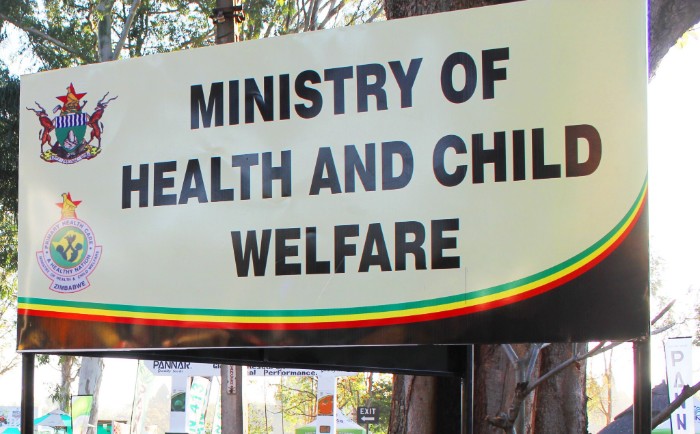Staff Reporter
The Ministry of Health and Child Care has intensified efforts to combat the growing burden of non-communicable diseases (NCDs) such as hypertension, diabetes, and cancer.
This initiative, which involves community participation, has seen the training of 120 new community health workers.
These newly trained workers are playing a pivotal role in providing home-based care, ensuring that discounted medications for NCDs are readily accessible to patients who may not be able to visit health centers regularly. The health workers also facilitate outreach programs aimed at raising awareness and offering essential screenings, which are proving to be impactful in early diagnosis and treatment.
Speaking on the initiative, Dr. Sarah Moyo, Director of NCDs at the Ministry of Health, applauded the community’s involvement, noting that grassroots efforts are essential in the fight against NCDs.
“These health workers are more than just a bridge to professional care; they represent a shift in how we approach disease prevention and treatment. By training and empowering people within their own communities, we’re seeing improvements in patient compliance and early diagnosis,” said Dr. Moyo.
Partnerships with various non-governmental organizations have also been instrumental in this success. The province has collaborated with health-focused organizations, helping to provide resources, training, and logistical support.
Elizabeth Nyathi, a representative of the Matabeleland South NCD Alliance, lauded the impact these partnerships have had on community health.
“This initiative is making a real difference. The accessibility to affordable care and the increase in health education programs mean more lives are being saved. The community health workers have become trusted health advisors within their communities,” Nyathi said
Patients have also expressed their gratitude for the expanded services. Sipho Ndlovu, a hypertension patient from Gwanda, shared how the new outreach efforts had personally affected him.
“Before, I had to travel far to get my medication. Now, with the health workers visiting regularly, I have more access to care, and it’s affordable,” Ndlovu said.
Moving forward, the Ministry aims to scale up these efforts by continuing to train more community health workers, particularly in remote areas where health services remain sparse. The program’s success in Matabeleland South is seen as a model that could be replicated across other provinces in Zimbabwe, with the potential to significantly reduce the impact of NCDs nationwide.




